Former BCCI secretary Jaywant Lele, who monitored the happenings of the match-fixing scandal that rocked the game a decade ago, has insisted that no evidence was ever found that Indian cricketers had played a part in the match-fixing scandal.
"There's no match-fixing in Indian cricket. It was the disciplinary committee of the BCCI which banned the cricketers (former captain Mohammed Azharuddin, Ajay Jadeja and Ajay Sharma), but no evidence (that they indulged in match-fixing) was found in the CBI enquiry," said Lele after the launch of his explosive book, I was There -- Memoirs of a Cricket Administrator.
Lele's contention was that the Indian cricketers are a well-paid lot and would never indulge in corrupt practices that have once again become the focus of the cricket world following the guilty verdict delivered against two Pakistan cricketers in the recent spot-fixing scandal.
'Stories in the circuit about match-fixing have never been confirmed'
Image: Jaywant LeleLele, in his book, has included a chapter titled 'The Tehelka of match-fixing/betting' in which he says that even the CBI, which probed the biggest scandal in Indian cricket, failed to find proof against the accused cricketers.
"Let me confess, stories in the circuit about match-fixing have never been confirmed, nor can they be dismissed as baseless.
"There was the Justice Chandrachud inquiry instituted by the BCCI. The Ministry of Sports, Government of India, instituted a preliminary inquiry by the Central Bureau of India (CBI) in May 2000.
"The CBI findings revealed the 'involvement' of Indian players like Manoj Prabhakar, Mohd Azharuddin, Ajay Jadeja and Ajay Sharma. Some other names figured in that list of 'doubtfuls' and investigations were carried out against them by the CBI."
"It was found that Azhar, Ajay Jadeja, Ajay Sharma, Manoj Prabhakar, Nikhil Chopra had 50 to 200 telephone calls (on the previous days and days of matches) from and to suspected 'bookies' like Gupta and aroused sufficient doubts to believe that 'something fishy' was going on around them," Lele wrote.
'Even the CBI could not establish authentic evidence'
Image: Kapil Dev and Sachin Tendulkar"However, even the CBI could not establish authentic evidence to enable it to register a criminal case against any individual under any appropriate section of the Indian Penal Code (IPC)," according to Lele in his book.
But Lele, in another chapter of his book, has mentioned instances, which according to him were not match-fixing examples but cases of questionable acts.
He has cited the Ahmedabad Test of 2000 when then coach Kapil Dev forced team skipper Sachin Tendulkar to change his decision of enforcing the follow on against New Zealand.
He has also mentioned the return to India of wicket keeper batsman Nayan Mongia from Australia, after he was summoned as replacement for the injured MSK Prasad, on the 1999-2000 tour without playing a match. He has also given reasons why the Baroda stumper was suspected to be having "bookie" connection by some senior Indian cricketers and was unwanted in Australia.
'Kapil, Mongia were held 'not guilty' in absence of reliable evidence'
Image: Nayan Mongia"Nayan Mongia's name figured in Azhar's and Prabhakar's statements to the CBI, but Mongia said they were blatant lies. Not a single telephone call from bookies/punters to/from Mongia could be traced. Manoj too levelled allegations against Kapil Dev but failed to substantiate them," Lele wrote.
- Lele's memoirs: 'Kapil forced Sachin change follow-on decision'
Further down, Lele has stated, "as a consequence of the investigation reports, cricketers Manoj Prabhakar, Azhar, Nikhil Chopra and Ajay Jadeja lost their jobs permanently.Former physio Ali Irani's name figured as the 'collector' for Azhar.""Kapil Dev and Mongia were held 'not guilty' in the absence of reliable evidence. Kapil had retired from active cricket by then but Mongia found no takers for his claimed innocence," Lele has revealed."At times, one may be tempted to conclude that it worked when a team lost. But on many occasions the team lost even in the absence of such allegations. It is very interesting to note that on more than one occasion of alleged attempts at match-fixing by some players, the side had emerged victorious!" Lele wrote.
'Each Indian player was offered a car if the team won the Sharjah Cup'
Image: Jaywant Lele and Raj Singh Dungarpur"As bad luck would have it, India lost the tournament. Australia were declared champions on the basis of a higher run-rate, as Australia, England and India earned equal points! After the results were declared most team members were not in tears, but that man was!," according to Lele.
'After a long time we realized that the man we met in Sharjah was Dawood'
Image: Dawood Ibrahim"After a long gap, we came to know that the man who met us in Sharjah in 1987 was Dawood Ibrahim, the alleged mastermind of the dastardly Mumbai blasts in 1993," Lele has written."The matter of that contact with us somehow surfaced during police investigations and I was taken aback.
When the police interrogated me, I trembled."However, I frankly and matter-of-fact admitted we met, and told them at that time we had naturally no idea about his background or future activities, and did not even know his name."I added that I had met the man there for the first and last time and I had even forgotten the incident. I could not have recognized him thereafter! The police fortunately believed me.
"I realised that though I was fairly disappointed about losing the Toyota, this was a much greater prize for me."

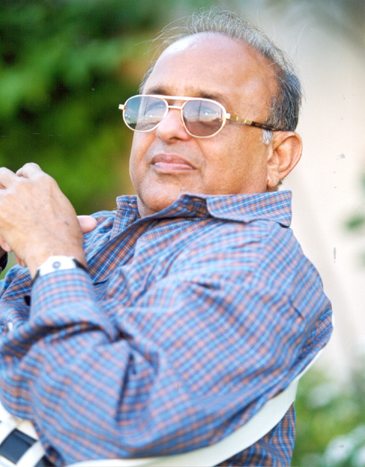
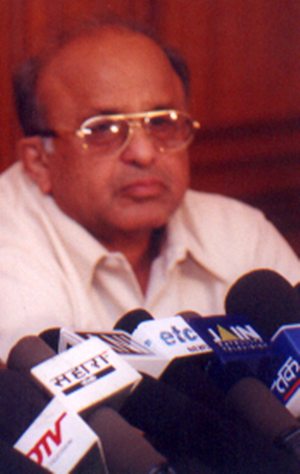
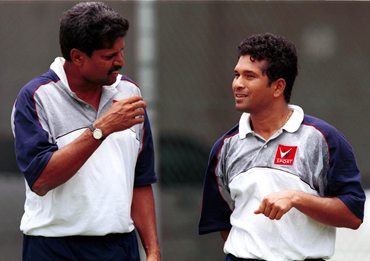
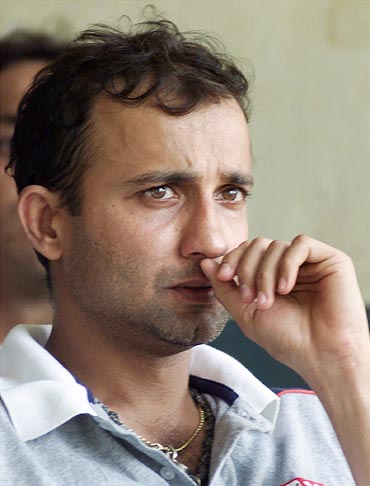
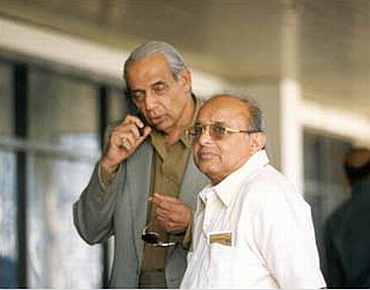
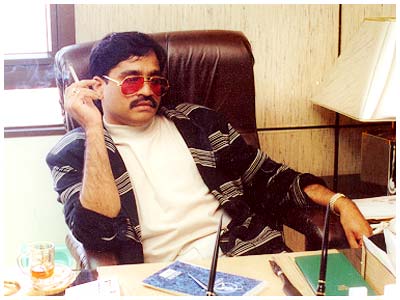
Comment
article